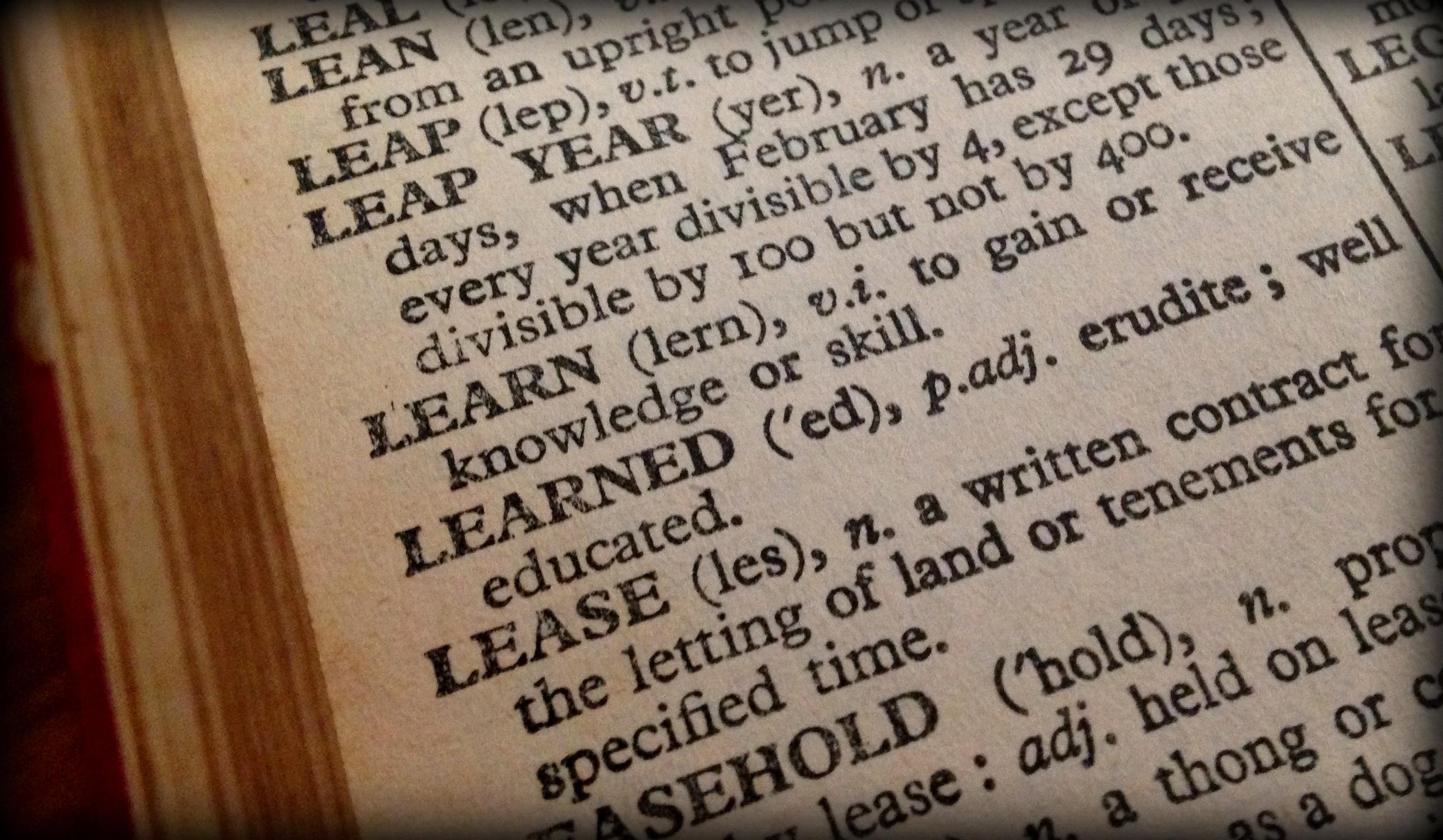
26 Aug What to know about inherited stocks
Photo: diannehope/morguefile.comQ. I inherited a bunch of individual stocks from my dad. They’re good companies, but they don’t necessarily fit in with my asset allocation mutual funds. I think I want to sell and invest the proceeds in the allocation I have now. Anything I have to worry about?
A. Glad you asked.
When you inherit stocks, the cost basis on the shares will change, said Jim Marchesi, a certified financial planner with Mill Ridge Wealth Management in Chester.
He said there is usually no issue with federal taxes, so you should not have a substantial tax bill when you sell the shares.
That’s because instead of using the cost that the former owner — your dad, in this case — paid, your cost basis for each stock is the share value on the date the former owner died.
This “step up” in cost basis can be a big advantage if the shares were purchased at a low price and have increased significantly in value, he said.
“With that, before you sell, you want to verify the revised costs basis for each of the stocks you inherited,” Marchesi said. “If you have a brokerage account that holds your mutual funds, you can transfer or deposit the stocks into that account and confirm that each stock’s basis got stepped up to the correct price.”
If you do not have an account, you will have to open a brokerage account in your name, and the shares of inherited stock should be moved from the deceased’s account to your own, Marchesi said.
“This will require you to work with the executor of the estate to secure a certified copy of the court appointment dated within 60 days of the transfer and an Affadavit of Domicile for the deceased shareholder that has been notarized,” he said. “Transfer forms will need to be completed and may have to be signature guaranteed.”
If you sell soon after the process of getting the stocks in your name is complete, there is good chance that there will be not much of difference between the sale price of the stocks and the stepped up basis, so there should not be a meaningful gain or loss from the inherited value.
That’s what happens if you inherited the stock from a non-qualified or taxable account. The situation changes if you inherit stock that has been in a 401(k) account, Marchesi said, calling it a more involved process.
“The takeaway is that the question of where the stock came from has to be asked,” he said. “If the stock was distributed from a 401(k) plan and then deposited into a taxable account, the tax treatment on the inheritance of those shares is different then shares inherited that were never in a 401(k) account.”
Before you decide whether or not to keep the specific investments you inherited, it makes sense to run an “X-ray” of your current asset allocation mutual fund holdings, Marchesi said. This review lets you see the cumulative representation of the mix of investments and the areas where you are invested.
“Before you sell the stocks and add it to your current holdings, use this as an opportunity to consider adding other investments to your portfolio that could further diversify your assets and potentially improve the risk/reward profile of your account,” he said.
Email your questions to .
This story was first posted in August 2015.
NJMoneyHelp.com presents certain general financial planning principles and advice, but should never be viewed as a substitute for obtaining advice from a personal professional advisor who understands your unique individual circumstances.
